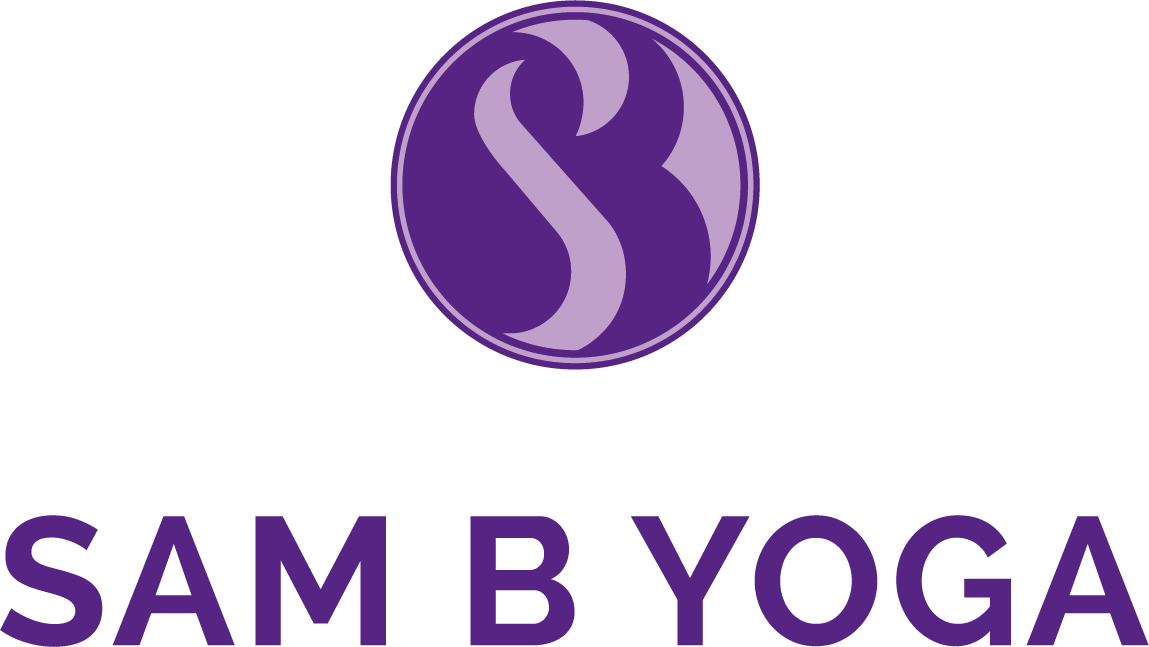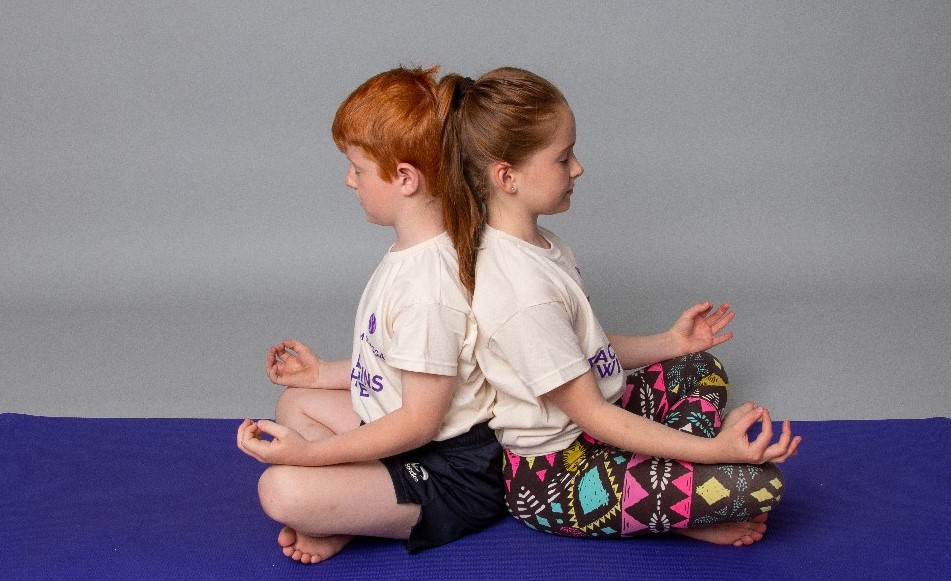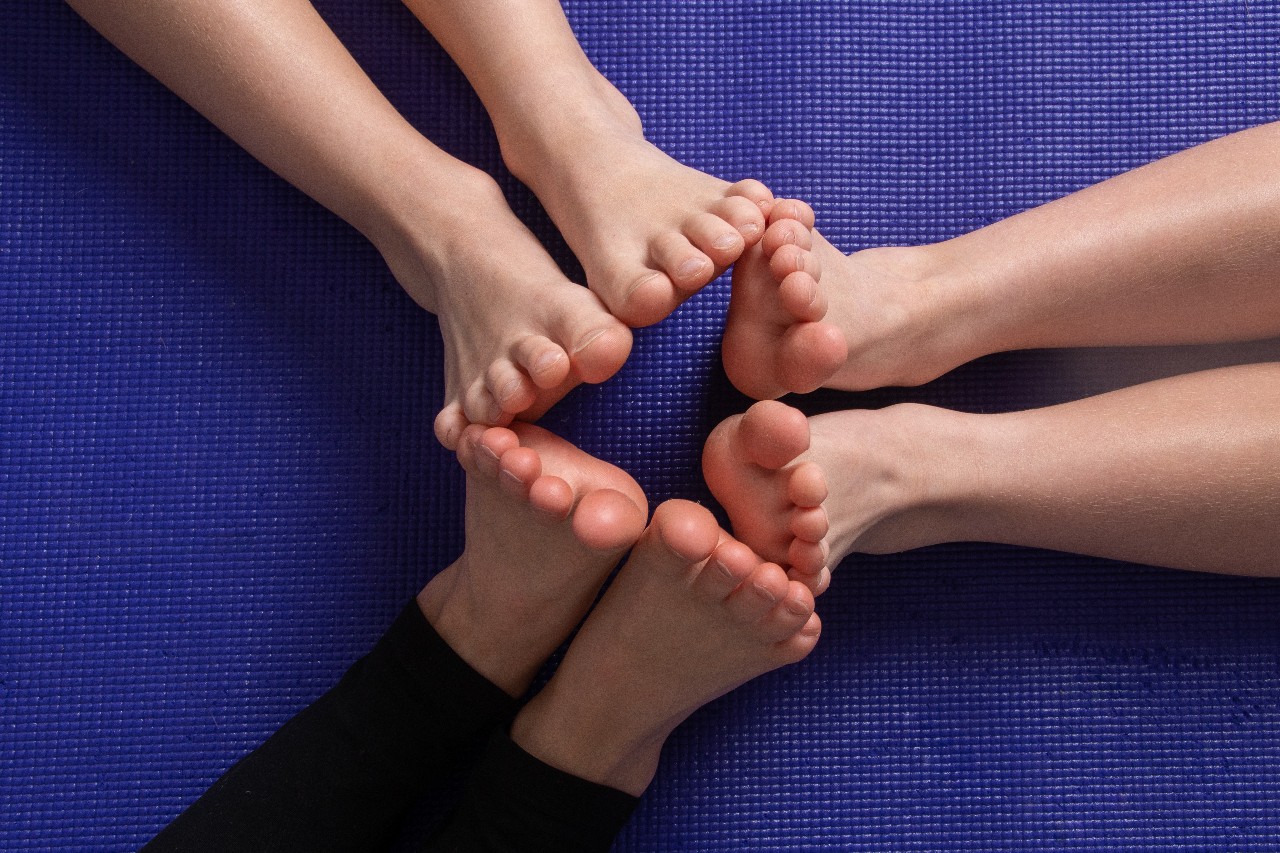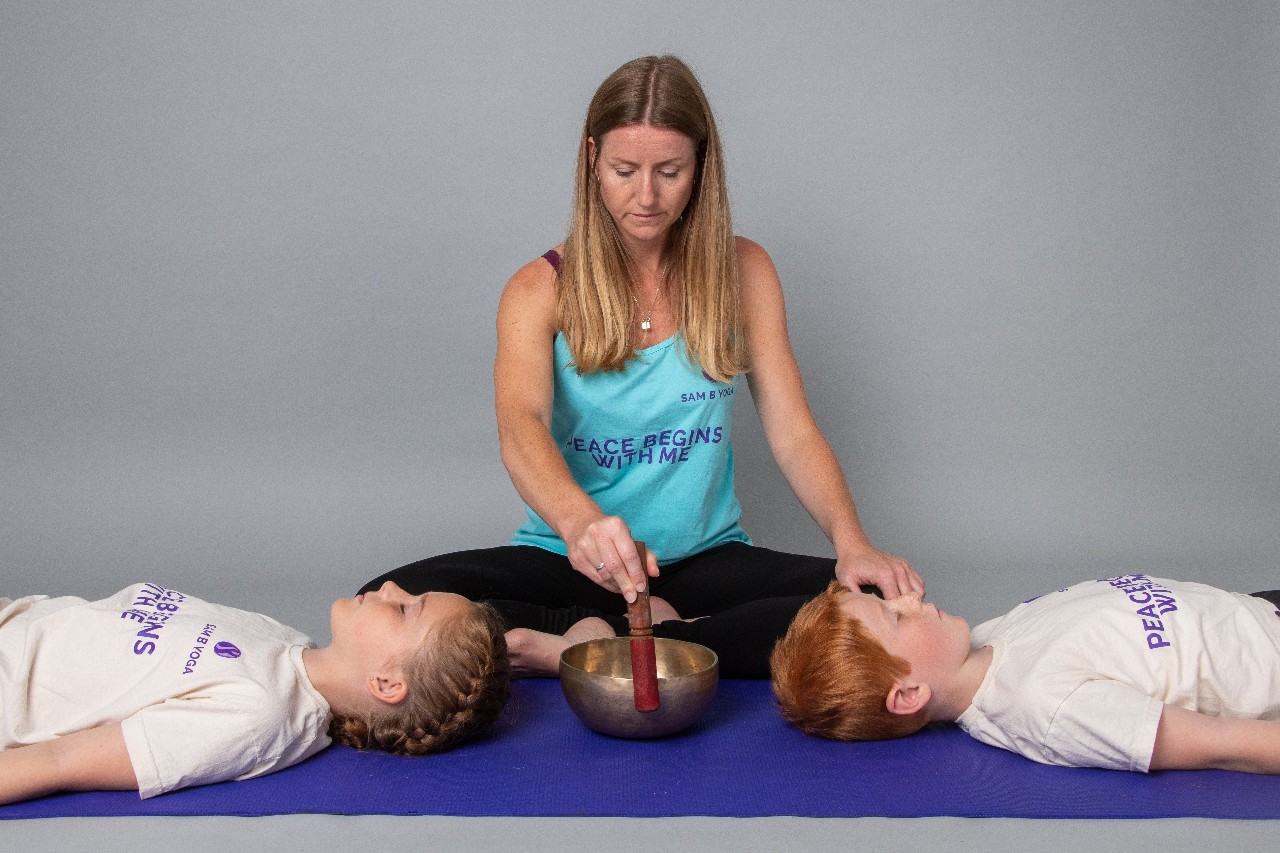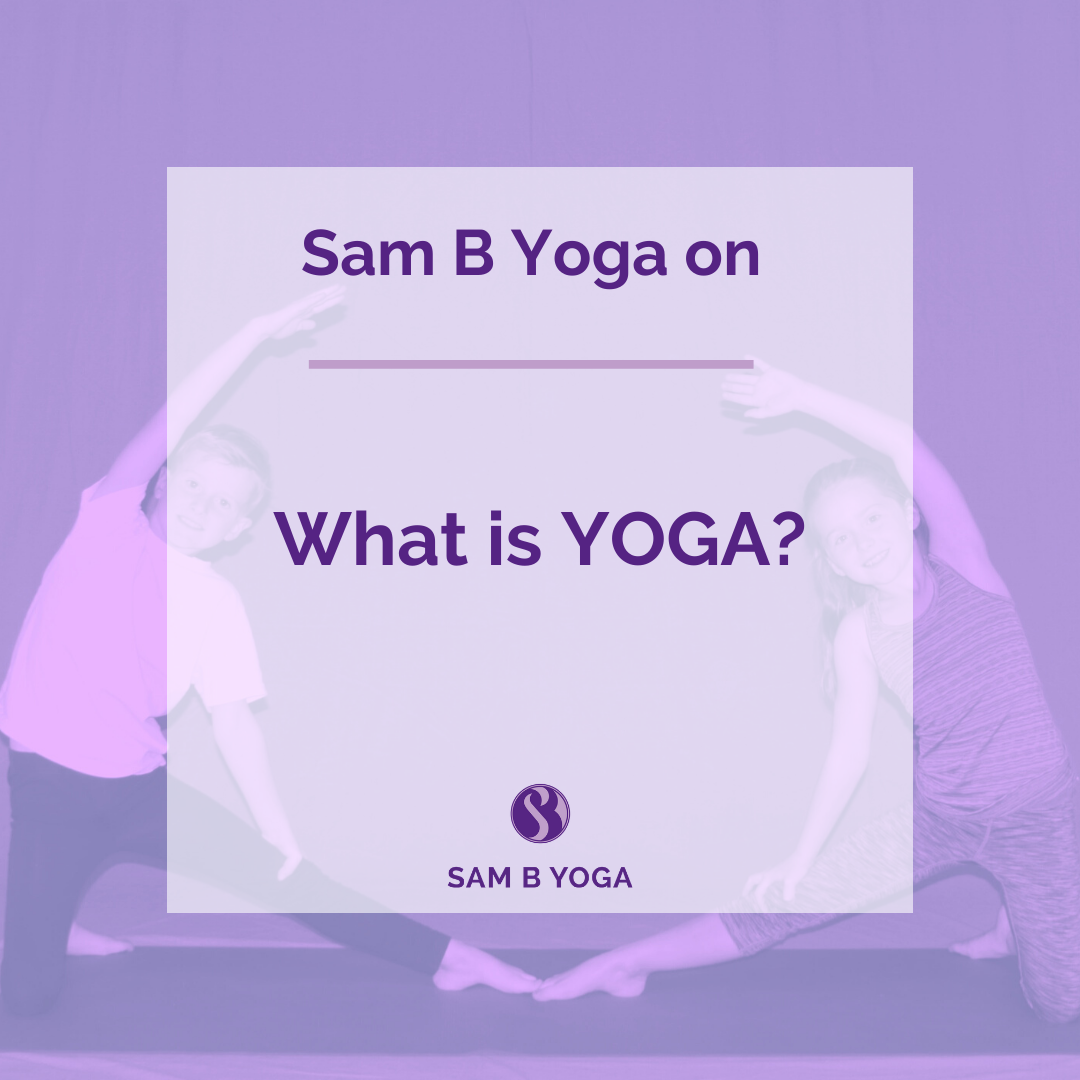
Starting back at schools teaching yoga for September 2020 in the midst the COVID pandemic, was unknown territory. Unknown for myself, for teachers, headteachers and pupils. All of us trying to make sense, keep up and adhere to government policies. My experience of teaching during this pandemic is that schools have done an incredible job. They have yet again selflessly placed the needs, safety and wellbeing of pupils before all else.
Why Teach Yoga in Schools?
This is one of the reasons many schools bring in a Yoga Specialist to teach. They understand that all aspects of ‘wellbeing’ come under the umbrella of yoga. Yoga is, after all, the most ancient of wellbeing practices. All forms of wellbeing practices used today whether religious, non-religious or spiritual come from the Vedic roots of the practice. They understand that yoga is a science and a philosophy.
Yoga allows us to take a journey of self-discovery in a safe place. It allows us to see the integration of body, mind and spirit, helping to prevent the dissociation associated with many mental health disorders today. Yoga offers empowerment. What we achieve on the mat, we can achieve in life. It allows us to recognise, feel and importantly to accept the feelings we have and know all feelings are ok. With the stilling and mastery of the mind, yoga allows us to know that we are not our thoughts, to observe them and to choose which life we want to create with them.
The Progression of ‘Wellbeing’
It is interesting to see our cultural development towards ‘wellbeing’ as a concept. How through the ’80s and ’90s physical health become fashionable and recognised scientifically to have many health benefits. We endorsed eating a healthy diet and taking regular exercise and ran campaigns against smoking. Only in the last 5 years or so has ‘mental health’ been recognised as important. I know that because of the lack of help and support given to my late husband caught in a system that failed him. We are all thankfully learning, growing and developing.
Yoga Philosophy
We are at the beginning of a spiritual pinnacle. My prediction is that culturally we are going to start realising that we also need to grow spiritually too. This may be in the form of religion depending on your belief systems or simply a knowing and connection to something greater to which we are all on a path of discovering. Even if you are a complete atheist, having faith in ‘something’ has been scientifically proven to help you stay healthier. Hope and faith allow us to move through adversity. Yoga philosophy allows us to explore all these questions to life without ‘telling us’.
“’Admitting that we don’t know anything,
is the wisest stance to take’.
The Science and Psychology of Yoga
The science of yoga helps to keep our body’s, minds and therefore our spirits fit, healthy and ultimately free in a world of restriction and confinement. The main drive for many youths suffering mental health disorders such as bulimia and self-harm is the need to feel in control. Freedom is found from within. Yoga offers freedom of the body and creates space to move freely. It provides freedom of the mind, to enable the practitioner to be free from mental turmoil. Yoga offers freedom of spirit, to know with absolute certainty that you are following to your true authentic self and living your life accordingly.
So you see, yoga is so much more than what many of us know. Some aim to reach Samadhi, absolute knowing and bliss by studying and discipline, others by physical practices, some by spiritual practices and some by service to others. There are always different paths one can take.
Pedagogy
My question to you is how do we teach what yoga is to children? How do we teach such deep concepts and heightened awareness to those children who are just beginning to develop higher-order thinking skills? How can you teach, so they understand and grasp a basic level of understanding and finally, how do you show progression in your teaching?

